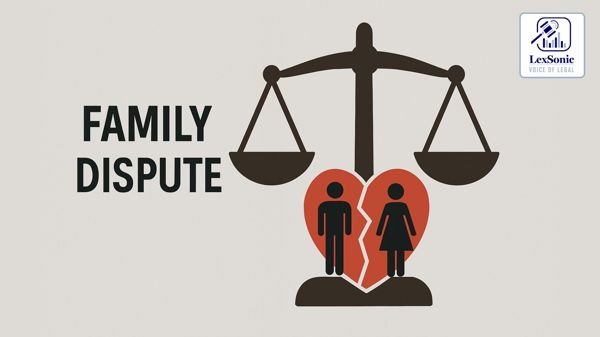Quashing of FIR in a Matrimonial Dispute Case.
28 August 2024
FIR >> Criminal Law | Family dispute >> Family Law
Introduction:
In recent legal proceedings, a significant case has emerged involving an FIR filed against a family over allegations of cheating and defamation related to a failed marriage arrangement. This article delves into the nuances of the case, explores the legal framework surrounding the charges, and outlines the court's decision regarding the quashing of the FIR.
Case Background:
The case in question arose from a series of events involving a young woman (Applicant No. 4) who fell in love with a person of her choice but was initially unwilling to disclose this relationship to her family. Unaware of their daughter's romantic involvement, her parents arranged a marriage with another individual. The engagement was formalized, and substantial expenses were incurred for wedding preparations. At the last moment, the woman eloped with her partner, prompting the bridegroom's family to file a complaint alleging cheating and defamation against the woman's family.

Parties Involved:
- Applicants: The woman's family, including her father (Applicant No. 1), mother (Applicant No. 2), and brother (Applicant No. 3).
- Respondent No. 2: The father of the man whom the woman was supposed to marry.
- State Representation: Mr. A.S. Shalgaonkar, learned APP.
Key Allegations:
The FIR (No. 163 of 2022) accuses the woman's family of cheating under Sections 417, 418, 420, 500 read with 34 of the IPC. The primary allegations are:
- Cheating (Sections 417, 420 IPC): Claiming that the woman’s family deceitfully induced the groom’s family to incur significant expenses for the wedding.
- Defamation (Section 500 IPC): Alleging that the woman's actions led to damage to the reputation of the groom's family.
Legal Arguments:
For the Applicants: Counsel Ms. Priya Gajare argued that there was no intention to deceive or defraud the groom’s family. She emphasized that the woman’s decision to elope was made independently and without her family’s knowledge. The applicants had also incurred significant expenses themselves, undermining the claim of financial gain from the alleged cheating.
For the Respondent: Counsel Mr. Dhananjay Bhosale contended that the woman’s family was aware of the affair and deliberately waited until the last moment to reveal it, causing financial harm to the groom’s family. He argued that the entire sequence of events suggested a premeditated attempt to defraud.
Court's Analysis:
The court examined the FIR and related documents, concluding that the allegations did not prima facie constitute a cognizable offense. The critical points of the court’s analysis included:
- Voluntary Expenditure: The expenditure by the groom’s family was deemed voluntary and not induced by any deceitful actions from the woman’s family.
- Lack of Dishonest Intent: There was no evidence indicating that the woman’s family had an intention to deceive or defraud. The woman’s reluctance to disclose her relationship was attributed to personal fear rather than a deliberate attempt to cheat.
- Legal Precedents: The court referenced the principles established in cases like State of Haryana v. Bhajan Lal and Prof. R.K. Vijayasarathy v. Sudha Seetharam to underline that criminal proceedings are unwarranted if the allegations do not establish the necessary elements of the offense.
Conclusion:
The court decided to quash the FIR, ruling that no cognizable offense of cheating was made out. The proceedings were deemed an abuse of the legal process, initiated without sufficient grounds. However, the court allowed the possibility for the complainant to pursue civil remedies if applicable. This decision underscores the importance of clear evidence of dishonest intent and the voluntary nature of incurred expenses in matrimonial disputes.
